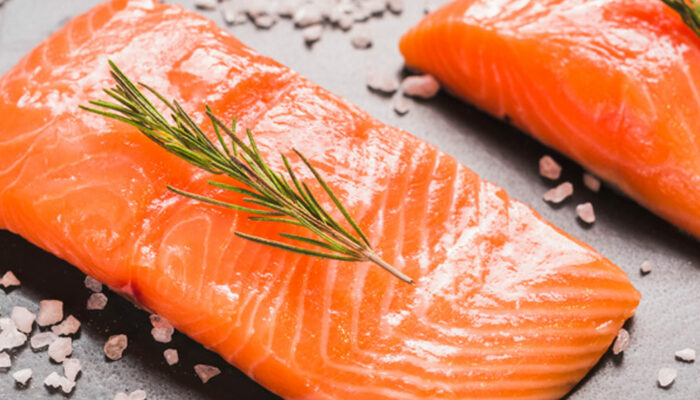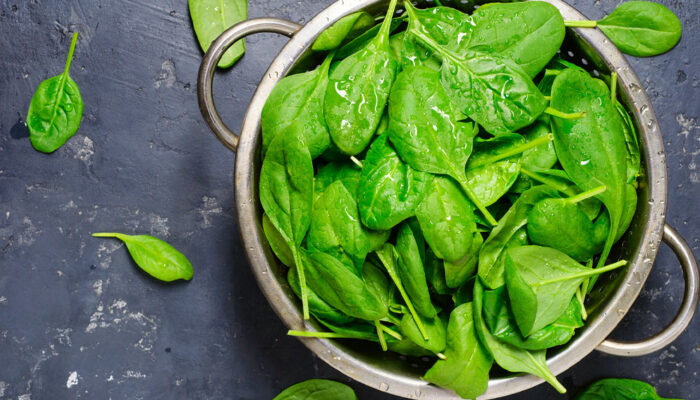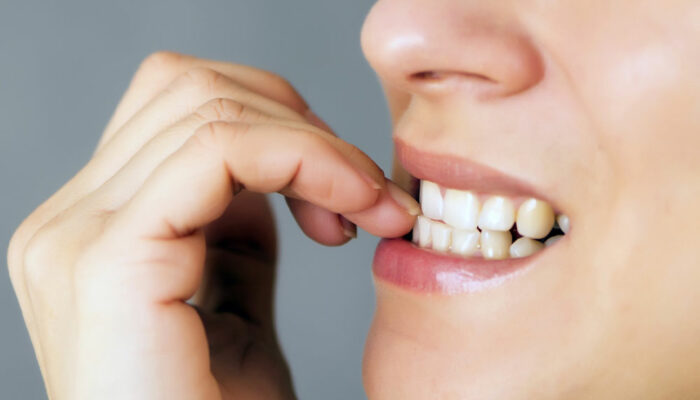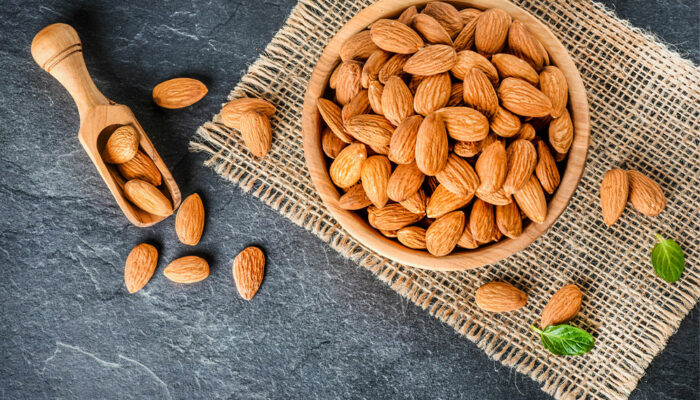
health
6 signs of bad dental practices
Maintaining good oral hygiene does not simply refer to brushing, flossing, and home remedies. Periodic planned visits to the dentist’s office also determine the scope of oral care in the long run. But one must also be aware of the possibility of dental negligence from the professional and unsafe practices that con unsuspecting patients. It’s necessary to assert extra vigilance and identify these common red flags that question the authenticity of dental care treatments. Providing inflated bills Often, people get overwhelmed with technical jargon used for explaining treatment packages. Some professionals take advantage of this situation to bill charges explicitly without one’s knowledge. Not paying attention to detail A comprehensive exam and a thorough review of past health complications can provide valuable insights for the dentist to plan a good treatment. However, if he or she is taking this step lightly, then it’s better to avoid fixing another appointment and find a better practitioner in the neighborhood. Lack of ethics Speaking rudely, not paying attention, or unnecessarily losing one’s calm because their patients are asking questions are all warning signs that should not be ignored or tolerated. Too many promotions and ads A dental clinic that spends too much time and money advertising on billboards and online may not be good enough, as there is such a thing called as overselling.
Read More 








